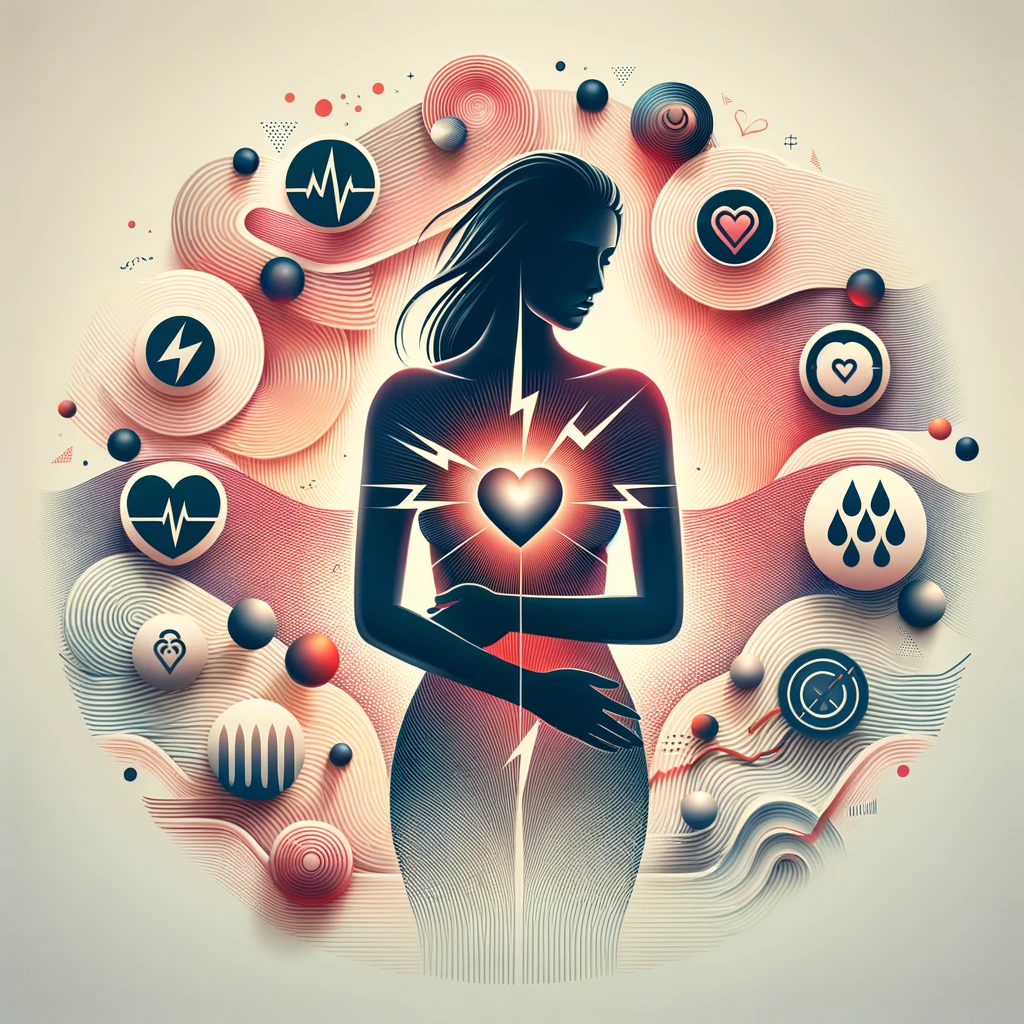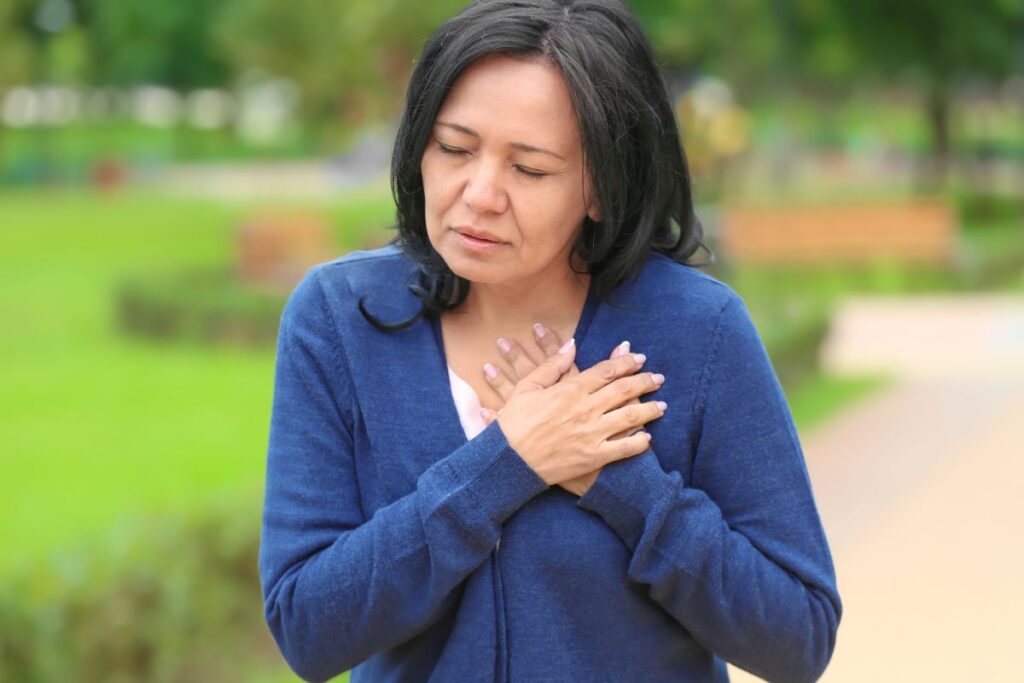Hey everyone! Ever wondered why heart attack symptoms in women often go unnoticed until it’s too late? Well, it’s partly because they can be quite different from the classic chest pain we hear about in men. Today, we’re diving deep into what a heart attack feels like for women, highlighting 7 subtle symptoms that should never be ignored. Understanding these signs can be a game-changer in protecting yourself or the women you love. So, let’s get started and shed some light on this crucial topic.
Understanding Heart Attacks in Women: Beyond the Chest Pain
3. Nausea or Indigestion
Nausea or indigestion is a symptom often associated with digestive issues, leading many to overlook its potential connection to heart problems, especially in women. This misunderstanding can be particularly dangerous because it might cause someone experiencing a heart attack to delay seeking the urgent care they need, mistaking their symptoms for something less critical like a stomach bug or food-related discomfort.

Nausea or Indigestion as a Heart Attack Symptom
The heart and the stomach are close neighbors in the body’s internal neighborhood, and distress signals from the heart can easily be misinterpreted as stomach trouble. When blood flow to the heart is restricted due to a blockage or other heart issues, it can trigger a nerve response that manifests as stomach pain, nausea, or a feeling of indigestion.
Women are more likely than men to experience these symptoms during a heart attack, adding an extra layer of complexity to their diagnosis and treatment.
Recognizing When It’s More Than Just a Stomach Problem
Here are a few tips to help distinguish between ordinary digestive discomfort and potential heart-related nausea or indigestion:
Accompanying Symptoms:
If nausea or indigestion comes with other symptoms like chest discomfort, shortness of breath, unexplained sweating, or lightheadedness, it’s a strong indicator that these are not just digestive issues.
Lack of Digestive Triggers:
If the nausea or indigestion isn’t following a meal, especially one that’s typically problematic, or if antacids and other common remedies don’t provide relief, this could hint at a heart-related cause.
Persistent or Severe Symptoms:
Nausea or indigestion that doesn’t go away or is unusually severe, especially if you have risk factors for heart disease, warrants immediate medical attention.
Consider the case, a 47-year-old who felt nauseous and unusually fatigued but attributed her symptoms to a stomach virus circulating at her workplace. It was only when she also began to feel a squeezing sensation in her chest that she sought medical help, which revealed significant coronary artery blockage.
These stories underline the importance of being vigilant and recognizing when symptoms might be signaling something more serious than indigestion. If you’re ever in doubt, especially if you have one or more risk factors for heart disease, it’s better to err on the side of caution and get checked out. Understanding the subtle ways in which women’s heart attack symptoms can manifest is key to ensuring timely and appropriate care.




